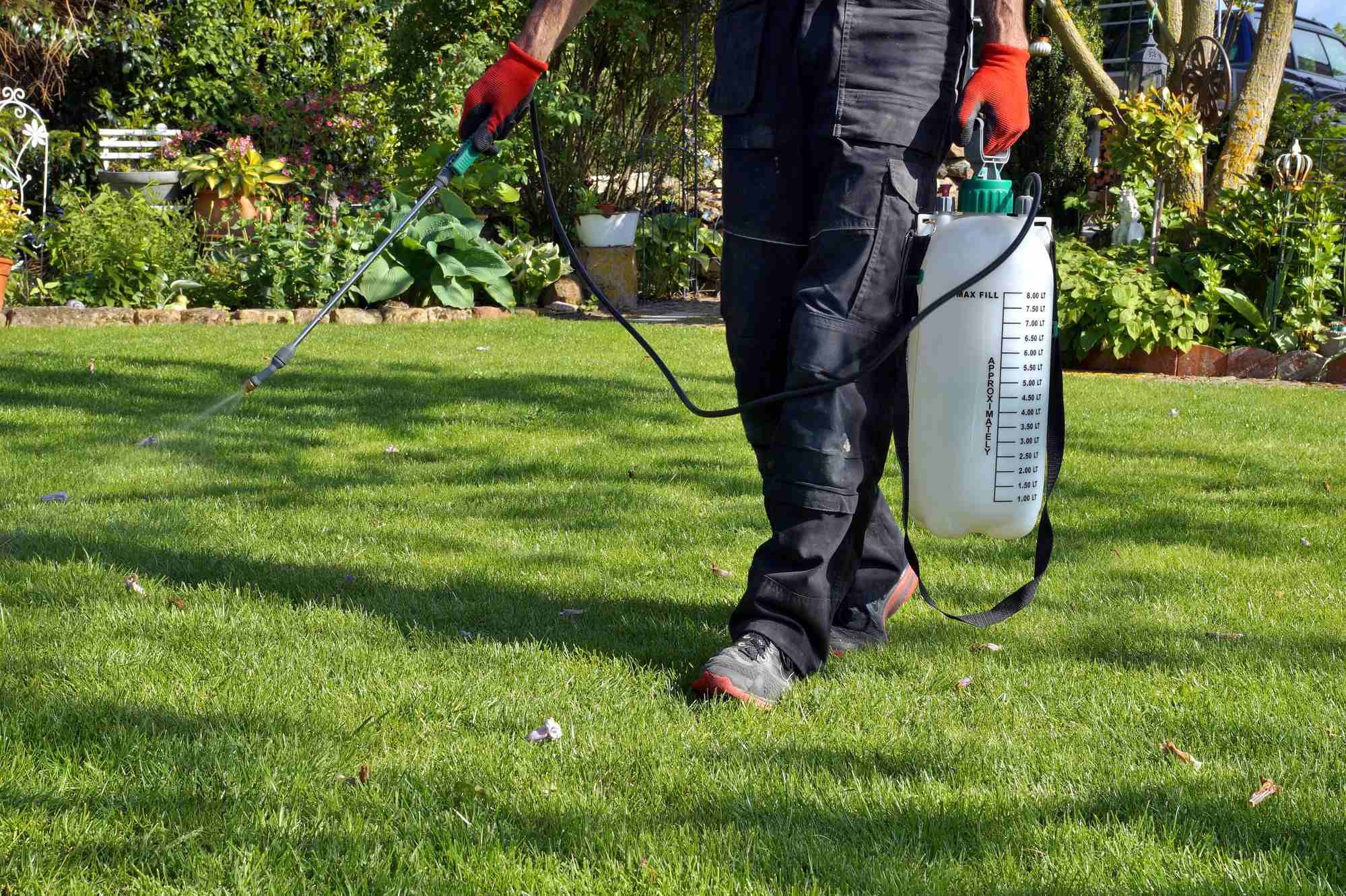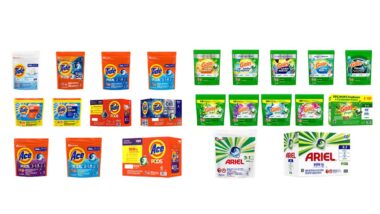Top Class Actions’s website and social media posts use affiliate links. If you make a purchase using such links, we may receive a commission, but it will not result in any additional charges to you. Please review our Affiliate Link Disclosure for more information.
A pair of proposed class action lawsuits have been filed on behalf of Canadians who experienced a “significant exposure” to the popular weed killer Roundup.
The Roundup cancer risks class action lawsuits have since been consolidated into the Ontario Superior Court of Justice located in London, Ontario. The complaints name Monsanto of Canada, Monsanto, and its parent company, Bayer, as defendants.
According to the consolidated Roundup cancer risks class action lawsuits, a link between the active ingredient in Roundup, glyphosate, and a certain type of cancer has been discovered. People who have had a “significant exposure” to the weed killer are allegedly more likely to develop the cancer, Non-Hodgkin’s Lymphoma.
The plaintiffs claim that they and others who experienced a significant exposure to Roundup, defined as using the product at least twice a year with at least one of those uses amounting to over 500 milliliters, are more likely to develop Non-Hodgkin’s Lymphoma.
Class Actions Alleges Roundup Cancer Risks
One of the plaintiffs, Jeffrey DeBlock, claims to have developed Non-Hodgkin’s Lymphoma after using significant amounts of the product as an agricultural worker in the summers of 1991 through 1995. He has since undergone extensive chemotherapy, bone marrow reinfusion, and suffers from physical and mental injuries. Jeffrey says he was unable to finish high school because of cancer treatments.
In 2015, the International Agency for Research on Cancer (IARC), determined that the active ingredient in Roundup, glyphosate, is a probable human carcinogen. The complaint notes that IARC’s determination was based on the recommendations of over a dozen independent experts from 11 different countries who reviewed the latest available scientific evidence. Of the thousands of studies these experts reviewed, alleges the Roundup cancer risks class action lawsuit, some researched exposure to glyphosate through work, including farmers, and others concerned experiments with cancer and links to cancer in lab animals.
“The supporting evidence was found in scientific evidence of carcinogenicity in humans, in experimental animals, and in evidence that glyphosate can operate through two key characteristics of known human carcinogens and that these can be operative in humans, specifically genotoxicity and oxidative stress,” points out the complaint.
Manufacturer Allegedly Knew of Cancer Connection
The proposed Roundup cancer risks class action lawsuit alleges that Monsanto, the maker of Roundup, knew or should have known about the substance’s link to Non-Hodgkin’s Lymphoma. However, the company failed to warn the public and continued to sell the product.
“Since 1976, the Defendants have distributed and sold Roundup across Canada,” states the complaint. “Significant Exposure to Roundup causes cancer, specifically Non-Hodgkin’s lymphoma. Many thousands of Canadians — farmers and agricultural workers and landscapers — have been subjected to Significant Exposure to Roundup. Thousands of Canadians have developed Non-Hodgkin’s lymphoma as a result of their Significant Exposure to Roundup.”
Further, alleges the class action lawsuit, Monsanto engaged in a campaign of misinformation to confuse the public about Roundup’s link to cancer. Monsanto did this, say the plaintiffs, in order to continue to sell the product and reap profits.
“The Defendants have refused to warn Roundup users and the public that Significant Exposure to Roundup causes cancer,” contends the complaint. “On the contrary, the Defendants’ have undertaken a concerted effort to undermine, manipulate, discredit, suppress and delay the scientific discourse on whether glyphosate and Roundup cause cancer. During these decades of obfuscating, the Defendants have profited immensely from the sale of Roundup.”
According to the proposed Roundup cancer risks class action lawsuit, Monsanto’s campaign of misinformation started when Roundup was introduced in the 1970s, when it touted the product as “safe,” and intensified when IARC labeled glyphosate a “probable human carcinogen.”
“Since the IARC made its finding on glyphosate in 2015, the Defendants have undertaken a campaign to undermine its finding through deceptive scientific practices (e.g. ghostwriting), sow confusion and doubt about its finding in public through an ‘orchestrated outcry’ strategy, and attack the IARC itself as an institution,” alleges the complaint. “The planning for this campaign began before the IARC decision had even been made and involved a broad array of Monsanto staff, including from science, public relations and regulatory affairs departments.”
Class Members Include All with Significant Exposure
The Roundup cancer risks class action lawsuit seeks to represent all Canadians, except Quebec residents, who used over 500 milliliters of Roundup more than two times a year. The proposed Class includes both those who have developed Non-Hodgkin’s Lymphoma and those who have not.
The Roundup cancer risks class action lawsuit is seeking a minimum of $1.2 billion in damages, including non-pecuniary, punitive, and statutory. In addition, the plaintiff wants pecuniary and special damages, as well as court costs.
Have you used Roundup? Are you concerned about the alleged link between the herbicide and Non-Hodgkin’s Lymphoma? We want to hear your thoughts. Tell us in the comment section below!
The lead plaintiffs and proposed Class Members are represented by Koskie Minsky, McKenzie Lake Lawyers LLP, and Merchant Law Group.
The Roundup Cancer Risk Class Action Lawsuit is Walker, et al. v. Monsanto Canada ULC, et al., Case No. CV-19-00633294-00CP, in the Ontario Superior Court of Justice, Canada.
Do YOU have a legal claim? Fill out the form on this page now for a free, immediate, and confidential case evaluation. The Canadian lawyers who work with Top Class Actions will contact you if you qualify to let you know if an individual Roundup glyphosate cancer lawsuit or Roundup class action lawsuit is best for you. [In general, Roundup lawsuits are filed individually by each plaintiff and are not class actions.] Hurry — statutes of limitations may apply.
ATTORNEY ADVERTISING
Top Class Actions is a Proud Member of the American Bar Association
LEGAL INFORMATION IS NOT LEGAL ADVICE
Top Class Actions Legal Statement
©2008 – 2024 Top Class Actions® LLC
Various Trademarks held by their respective owners
This website is not intended for viewing or usage by European Union citizens.
Get Help – It’s Free
Join a Free Canada Roundup Class Action Lawsuit Investigation
U.S. citizens, click here for the U.S. Roundup Cancer Investigation.
If you qualify, an attorney will contact you to discuss the details of your potential case at no charge to you.
PLEASE NOTE: If you want to participate in this investigation, it is imperative that you reply to the law firm if they call or email you.














